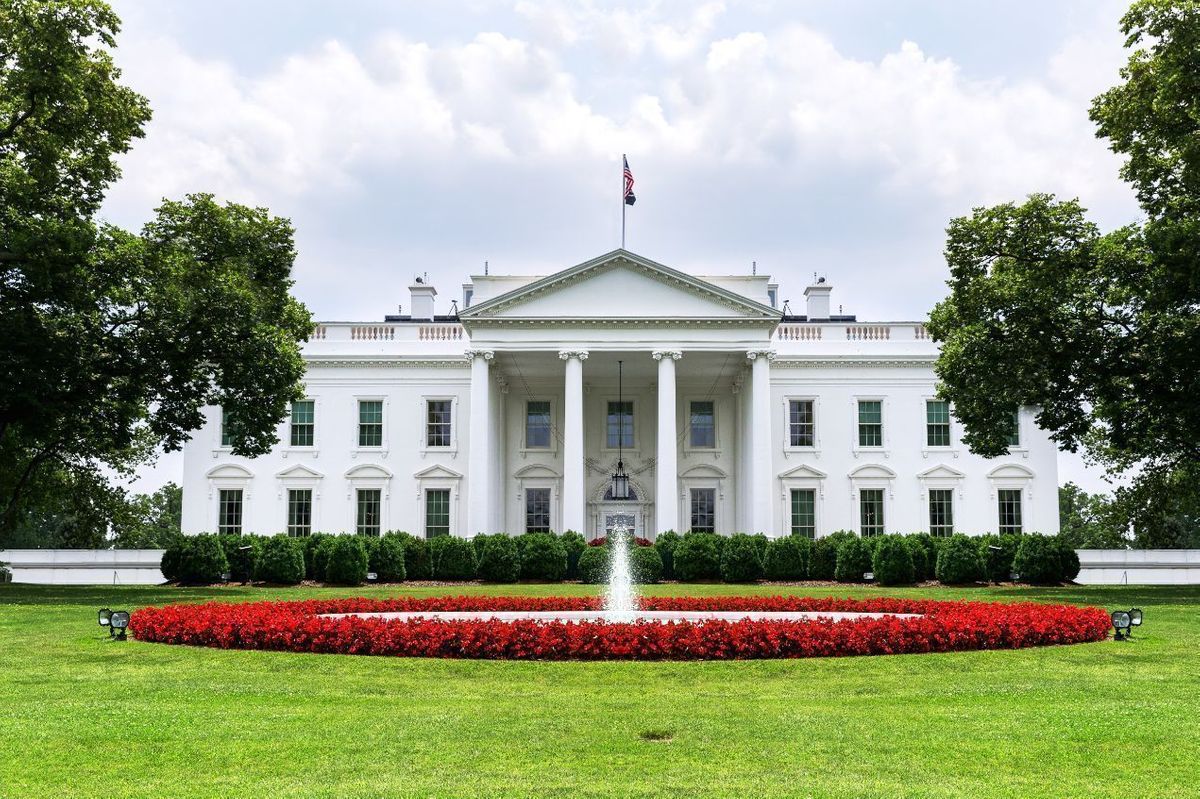Allocation of Funds for Tribal Initiatives
The U.S. Department of Commerce has introduced a $2.6 billion plan to enhance climate resilience in coastal areas, utilizing funds from President Biden’s Inflation Reduction Act. This initiative, aligned with the President’s Investing in America Agenda, aims to address climate change impacts and prioritize environmental justice, allocating nearly $400 million for Tribal initiatives. The funding will benefit coastal and Great Lakes communities nationwide, supporting weather and climate data improvements, the America the Beautiful conservation initiative, and reinforcing NOAA’s research fleet for ocean and atmospheric studies.
U.S. Secretary of Commerce Gina Raimondo emphasized the historic nature of this investment under President Biden’s leadership, describing it as the most substantial direct commitment to climate resilience in the nation’s history. Approximately $390 million will be directed toward Tribal priorities for habitat restoration, fish population reinforcement, and overall climate change preparedness for coastal communities.
Key Programs and Funding Breakdown
The $2.6 billion investment is designed to bolster the resilience of communities, particularly Tribes and vulnerable populations, against weather and climate events. It covers workforce development, marine resources, nature-based solutions, conservation, regional partnerships, and Tribal priorities. These funds from the Inflation Reduction Act will complement the investments outlined in the Bipartisan Infrastructure Law, including the previously announced $562 million in Climate-Ready Coasts awards.
According to U.S. Deputy Secretary of Commerce Don Graves, this significant investment will empower NOAA to prepare communities for natural disasters and address environmental and economic impacts effectively. The $2.6 billion in climate investments will be directed towards capacity building, transformative projects, job creation, and improved climate services delivery to communities and businesses.
Key programs under this initiative include the Climate Resilience Regional Challenge, with $575 million for a competitive grant program supporting coastal resilience at regional scales. Tribal Priorities will receive $390 million for habitat restoration, fish passage, and capacity building. Climate-Ready Fisheries will be allocated $349 million to conserve fisheries and protected species in coastal regions. Ocean-Based Climate Resilience Accelerators will receive $100 million for a competitive business accelerator program supporting businesses with coastal and ocean-based resilience products. Climate-Ready Workforce will be allocated $60 million to address workforce needs and enhance climate resilience.
The framework also includes additional funding for project applications from the Bipartisan Infrastructure Law competitions, non-competitive funding for the Integrated Ocean Observing System, support for marine and Great Lakes sanctuary designations, Technical Assistance, and funding for the Pacific Coastal Salmon Recovery Fund. The second round of Bipartisan Infrastructure Law Climate Ready Coasts Notices of Funding Opportunities is expected in the summer.
NOAA Administrator Rick Spinrad highlighted the collaborative nature of these investments, expressing the importance of engaging partners to build resilience and support conservation. The Inflation Reduction Act allocated $3.3 billion to NOAA, including initiatives to improve climate and data services, support research and development for tailored climate data products, enhance climate information programs, and expedite the development of next-generation radar capabilities for accurate severe weather warnings. The remaining funding will support critical infrastructure improvements for NOAA facilities essential to its mission.
